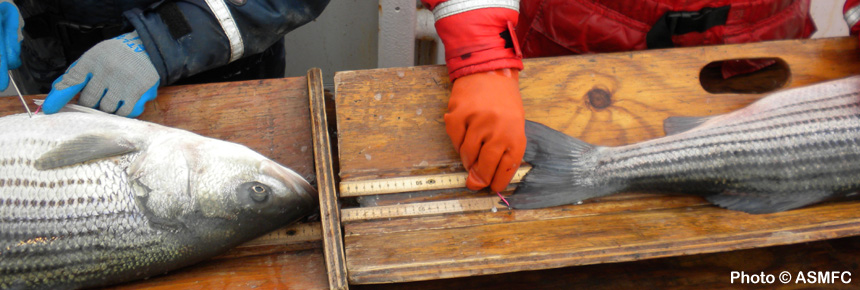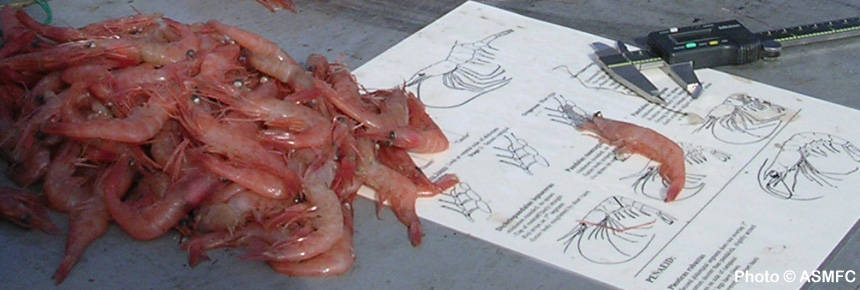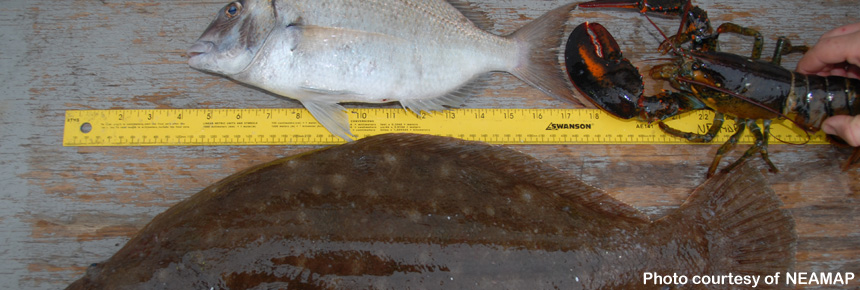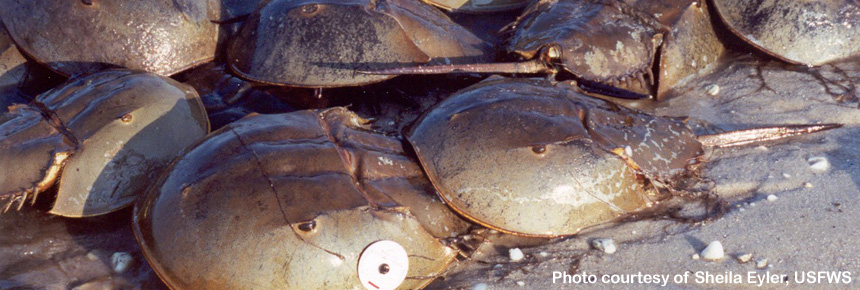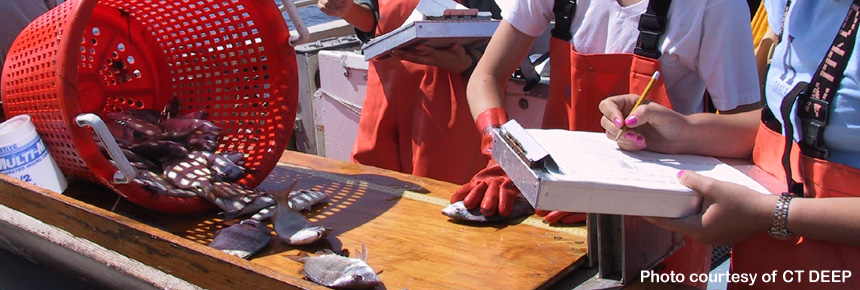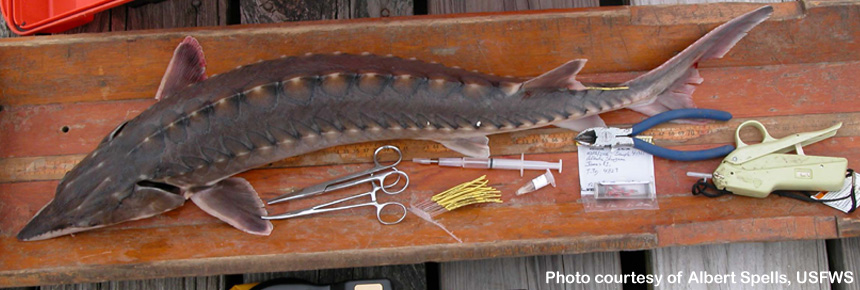Fisheries Science
Providing Sound Science
Sustainable management of fisheries relies on accurate and timely scientific advice. The Commission's Fisheries Science Program strives to produce sound, actionable science through a technically rigorous, independently peer-reviewed stock assessment process. Assessments are developed using a broad suite of fishery-independent surveys and fishery-dependent monitoring, as well as research products developed by a vast network of fisheries scientists at state, federal, and academic institutions along the coast. The Program also seeks to develop new, innovative scientific research and methodology, and enhance the states’ stock assessment capabilities. It provides for the administration, coordination, and expansion of collaborative research and data collection programs.
Through its 2024-2028 Strategic Plan, the Commission committed to ensuring sound science is available to serve as the foundation for the Commission’s evaluation of stock status and adaptive management actions. The Plan identified the following objectives for the Fisheries Science Program to achieve its goal.
- Proactively address research priorities through cooperative state and regional data collection programs; strengthen stakeholder involvement in collaborative research projects
- Explore the use of emerging technologies to improve fishery-independent surveys, monitoring, and the timeliness of scientific products
- Provide training to enhance the expertise and participation of state and staff scientists in conducting stock assessments
- Streamline assessment data assimilation within individual states, and among states and the Commission
- Conduct stock assessments based on comprehensive data sources and rigorous technical analysis; deliver direct, concise scientific advice in order to achieve clear endpoints in the assessment process; generate indicators/rapid assessments for all stocks
- Balance requests from fisheries management with finite assessment workload capacity
- Support the development and utilization of industry-based surveys and other cooperative research opportunities.
- Utilize ecosystem and climate science products to inform fisheries management decisions, including projected shifts with quota allocation implications
- Communicate with stakeholders to ensure scientific advice and on-the-water observations are consistent
- Characterize the risk and certainty associated with the scientific advice provided to decision-makers
- Explore the use of management strategy evaluations to inform management decisions
Contacts
Patrick Campfield, Director, Fisheries Science Program
Assessment Science Committee, Jared Flowers, Chair
Management & Science Committee, Kathy Knowlton, Chair
Documents
ASMFC Assessment Schedule
ASMFC Fisheries Research Priorities (April 2018)
Technical Support Group Guidance and Benchmark Stock Assessment Process (revised August 2019)
Fishery-Independent Data Use Policy (May 2015)
Stock Assessment Training Program Guidance Document (August 2011)
Development and Use of Reference Points (December 2008)
Guide to Fisheries Science and Stock Assessments (June 2009)
